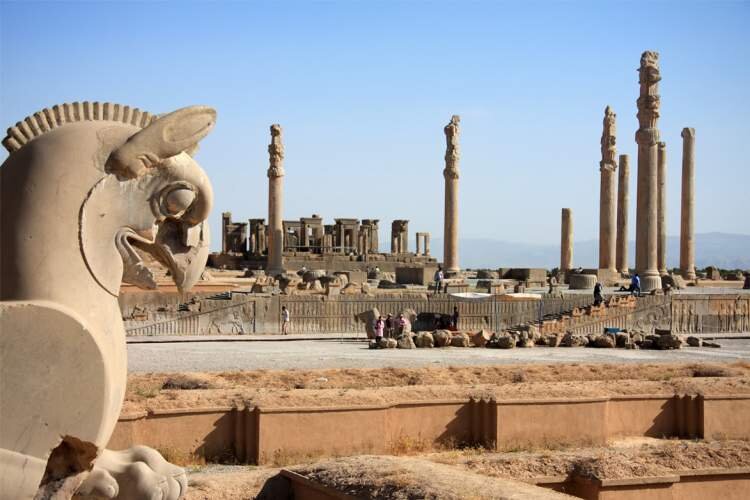Tehran conference to explore ancient Persia in Median, Achaemenid eras

TEHRAN - The National Library and Archives of Iran is set to host a conference on ancient Persia during the Median and Achaemenid periods.
According to organizers, the national conference titled “Persian World in the Median and Achaemenid Period” will be held on July 11.
34 Iranologists have been invited to present their research and insights on Iran’s rich history and culture during these ancient periods.
Masoud Mirzaei, Mostafa Dehpahlavan, Shahin Ariamanesh, Zhaleh Amouzgar, Hekmatollah Molasalehi, and Mohammad Rahim Rezaeezadeh are among the prominent speakers.
Their presentations will delve into various aspects of the Median and Achaemenid eras, offering a comprehensive exploration of the Persian world's influence and legacy.
The event is intended to be a significant occasion for both academics and enthusiasts of Iranian history, providing an in-depth understanding of two pivotal periods in Iran’s past.
Media, an ancient country of northwestern Iran, generally corresponding to the modern regions of Azarbaijan, Kordestan, and parts of Kermanshah. Media first appears in the texts of the Assyrian king Shalmaneser III (858–824 BC), in which peoples of the land of “Mada” are recorded. The inhabitants came to be known as Medes.
According to Brittanica, since no Median written documents of any kind have ever been uncovered, their spiritual and economic life is also a matter of conjecture.
With the victory in 550 of the Persian chief Cyrus II the Great over his suzerain, Astyages of Media, the Medes were made subject to the Persians. In the new Achaemenian Empire, they retained a prominent position; in honor and war they stood next to the Persians, and their court ceremonial was adopted by the new sovereigns, who in the summer months resided in Ecbatana.
In the modern era, the Achaemenid Empire is recognized for its successful model of centralized bureaucratic administration, its multicultural policy, the construction of complex infrastructure such as road systems and an organized postal system, the use of official languages across its territories, and the development of civil services, including the establishment of a large, professional army. Its advancements inspired the governance styles of many later empires.
AM
Leave a Comment